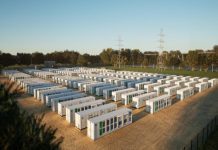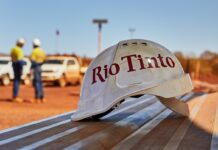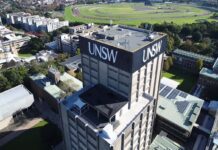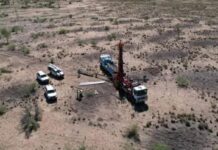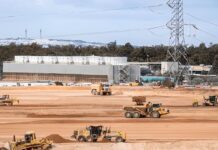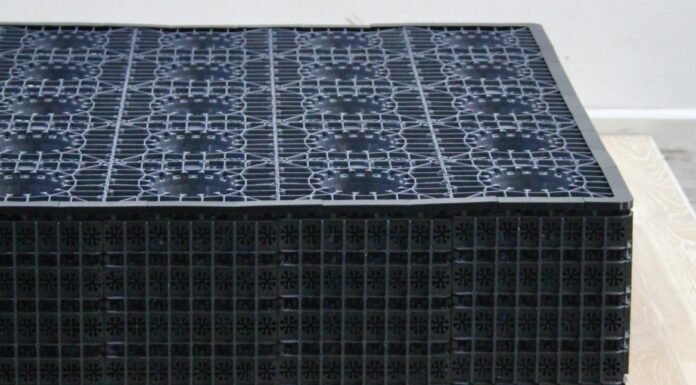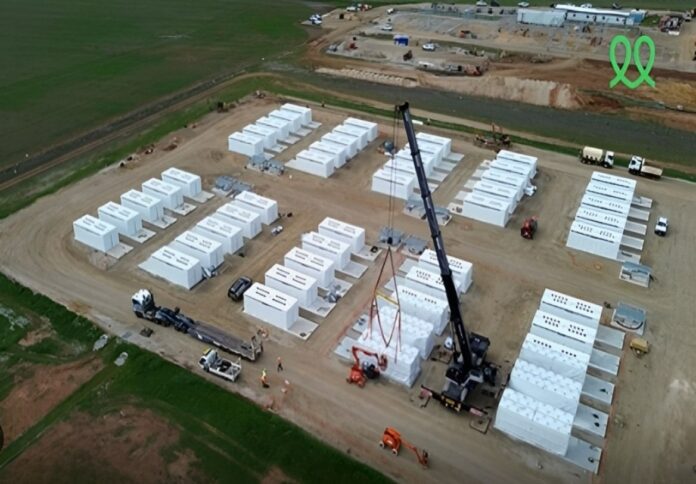
The Allan Labor Government’s $480 million investment into Victoria’s energy grid has reached another milestone with the delivery of 100 Tesla Megapacks to the Koorangie Energy Storage System.
The battery system will help accelerate the transition to renewables and help lower power bills, the government said in a media release.
Minister for Energy and Resources Lily D’Ambrosio was at the facility west of Kerang to welcome the delivery of the large-scale rechargeable lithium-ion batteries, which will provide critical energy storage and boost the amount of renewables that can be hosted in the Murray River region by up to 300 megawatts.
“Koorangie is a cutting-edge facility that will help Victoria hit our energy storage targets and support our transition to renewable energy by providing stability to our energy grid regional Victoria,” said D’Ambrosio.
The Koorangie Energy Storage System is one of 12 projects being delivered as part of the Government’s $480 million Renewable Energy Zone Fund, which is strengthening and modernising the state’s grid so more affordable and reliable renewable energy can flow to homes, businesses, hospitals, and schools across the state.
The project will use cutting-edge grid-forming inverters to enable the battery to play a dual role in providing both storage for the abundant renewable energy in north-west Victoria and strengthening the grid to enable even more renewables to connect.
“Projects like Koorangie are keeping the lights on for households across the state and are helping us move away from expensive fossil fuels and onto safer, affordable and more reliable renewable energy,” added D’Ambrosio.
The 100 Tesla Megapacks will total 185 megawatts of storage capacity. Once completed in 2025, a single charge of the battery system will be able to power all the homes in the Gannawarra Shire Council area for more than 14 days or all the homes in Kerang for more than 30 days.
In addition, the grid-forming inverters will allow the battery to replace the type of system strength services that were once only provided by fossil-fuel generators.
This technology is a significant advancement in the transition to renewables as it further reduces the reliance on ageing coal-fired generators.
The project was identified by VicGrid and the Australian Energy Market Operator (AEMO) as a priority for development and is being delivered by Edify Energy and infrastructure investor Sosteneo on behalf of the Government and AEMO.
The Government has legislated ambitious storage targets of at least 2.6 gigawatts (GW) by 2030 and at least 6.3 GW by 2035 – enough renewable energy to power around half of Victoria’s current homes at their peak energy use.
“This energy storage system will help maximise the renewable energy potential of north-west Victoria and provide more energy security to regional towns and communities when they need it most,” said member for Northern Victoria Jaclyn Symes.
For more information, visit energy.vic.gov.au/renewable-energy.


